Security Guard Recalls Boston Marathon Bombing, Six Years Later
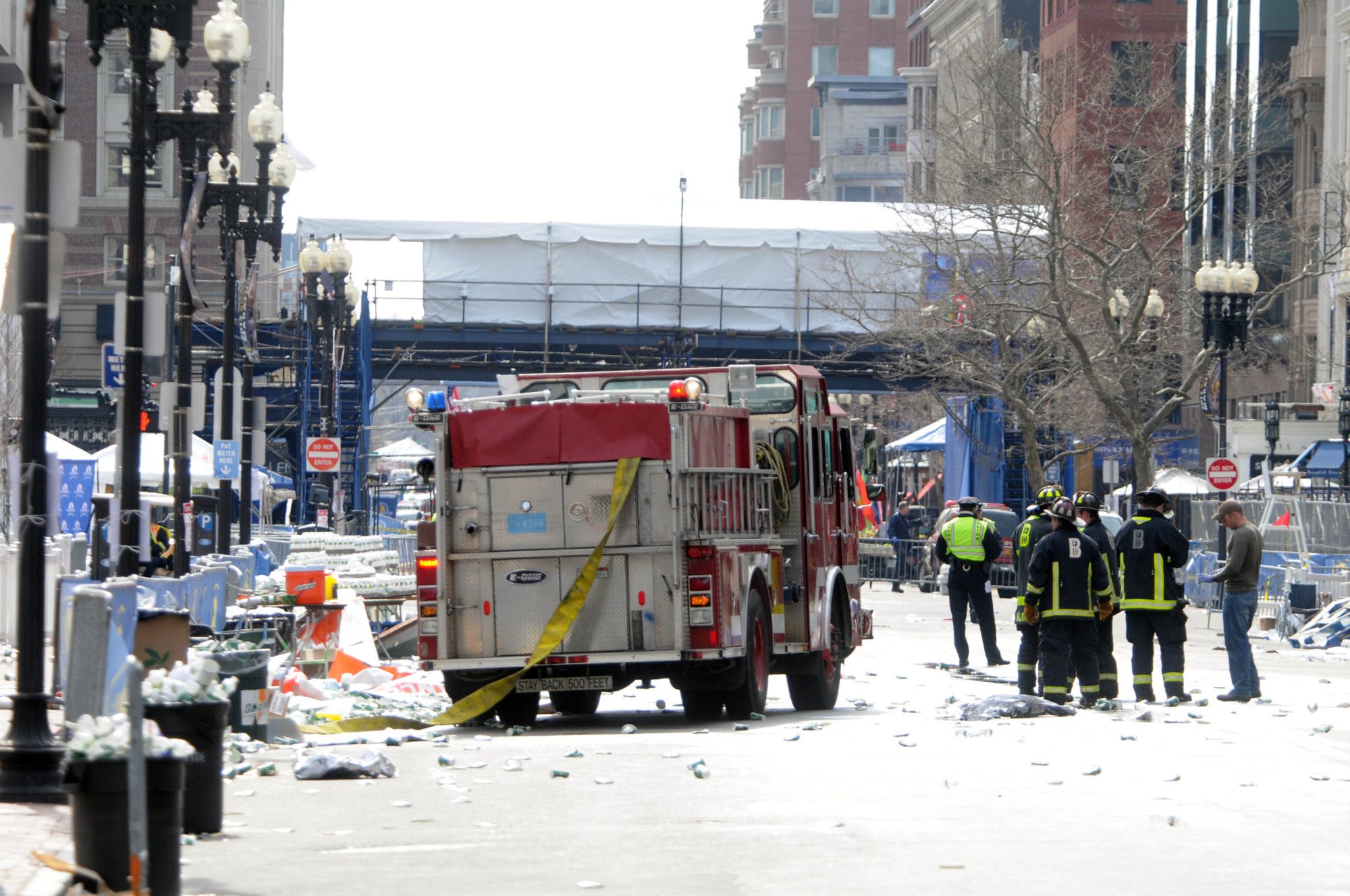
BOSTON, MA – APRIL 15: Firefighters take postion on Boyltson Street near the finish line after two bombs exploded during the 117th Boston Marathon on April 15, 2013 in Boston, Massachusetts. Two people are confirmed dead and at least 28 injured after at least two explosions went off near the finish line to the marathon. (Photo by Darren McCollester/Getty Images)
Massachusetts is one of the few states that recognizes and celebrates Patriots’ Day annually on the third Monday of April. The day honors the first battles of the American Revolutionary War, the Battles of Lexington and Concord. However, the most significant celebration of the holiday is widely recognized throughout the country: the Boston Marathon. Held on Patriots’ Day since 1897, it is the oldest annual marathon in the world.
The Boston Marathon is on most runners’ bucket lists, and the event is usually filled with excitement by participants and spectators alike. But that wasn’t the case six years ago when two homemade pressure-cooker bombs exploded near the finish line, killing three people and injuring hundreds more.
April 15, 2013, was a perfect Boston spring day. With temperatures in the mid-50s and clear skies, it was ideal marathon weather. Thousands of high-profile athletes were in the city, and security was tight.
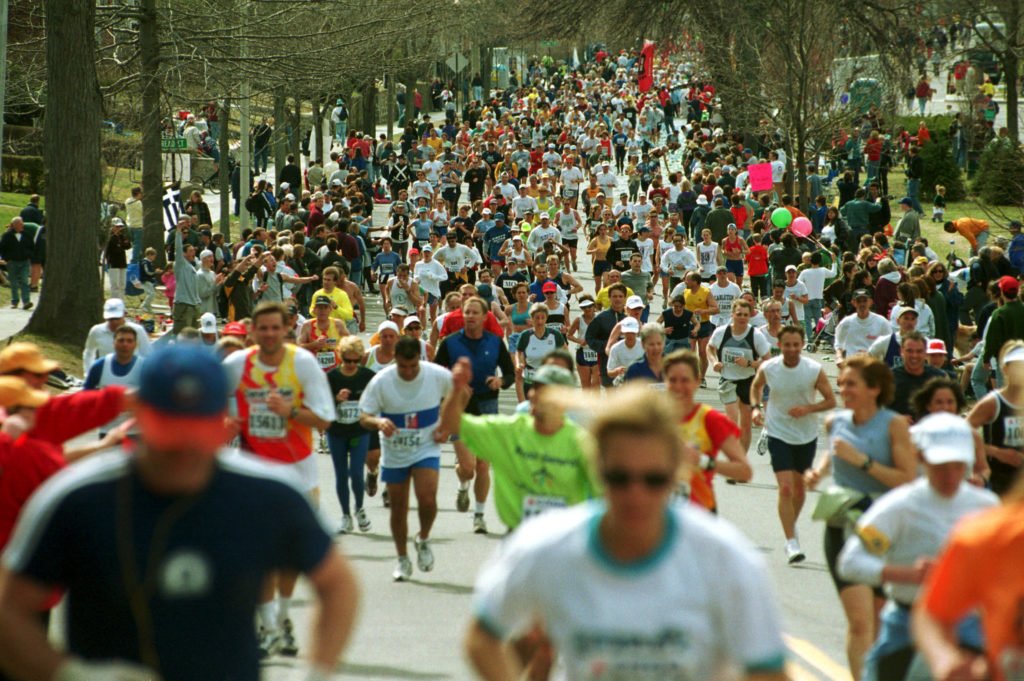
Jose Miguel was working a detail for elite and disabled athletes. He’d received a call the night before from his supervisor, asking him to form a four-man team. The team consisted of Miguel, a U.S. Coast Guard veteran; Roy, a U.S. Marine veteran; and Mike, who’s background was neither in law enforcement nor the military. The fourth teammate had dropped out at the last minute.
Miguel and his team were stationed at the Fairmont Copley Plaza Hotel on St. James Avenue. The luxury hotel was a few blocks from the starting line.
“I was assigned to the entrance and making sure elite athletes were able to get in the side door,” Miguel said. “I also helped direct people around and kept things flowing.” While his other team members were busy at their posts, he was getting to know the doorman, telling him about his time in service.
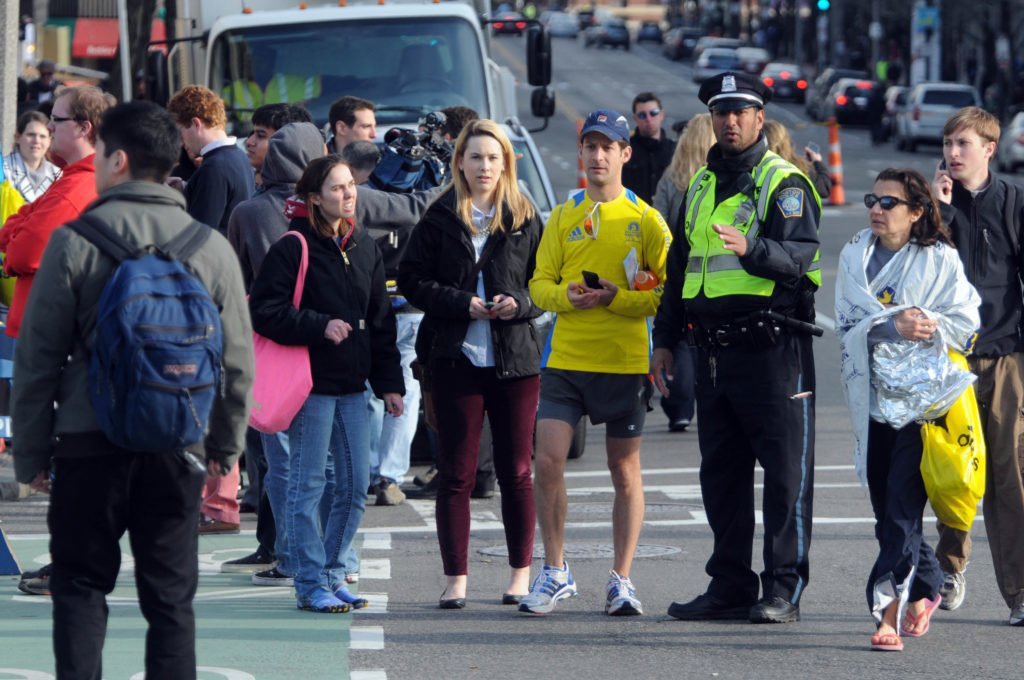
Miguel, Mike, and Roy had a meeting to go over their duties for the day. It was about 10 minutes until 3 PM when Miguel heard what sounded like cannon fire. Having previously served in the Honor Guard, the noise didn’t startle him. The doorman who he’d been talking to moments earlier, though, was in a state of disbelief.
“His jaw hit the floor,” Miguel said. “Civilians aren’t used to hearing those kinds of noises. I was used to hearing cannon shots whenever there was a dignitary.”
Moments later, however, Miguel knew something had gone horribly wrong. People started to funnel into the hotel — some of them were bleeding and limping, while others were shaken up by what had just happened. He didn’t yet know that two pressure-cooker bombs had gone off on Boylston Street at the finish line. He also didn’t know that people had been killed and that hundreds were injured.
“My first instinct was to run toward the problem,” Miguel recalled. “I’m thinking, What do we do?”
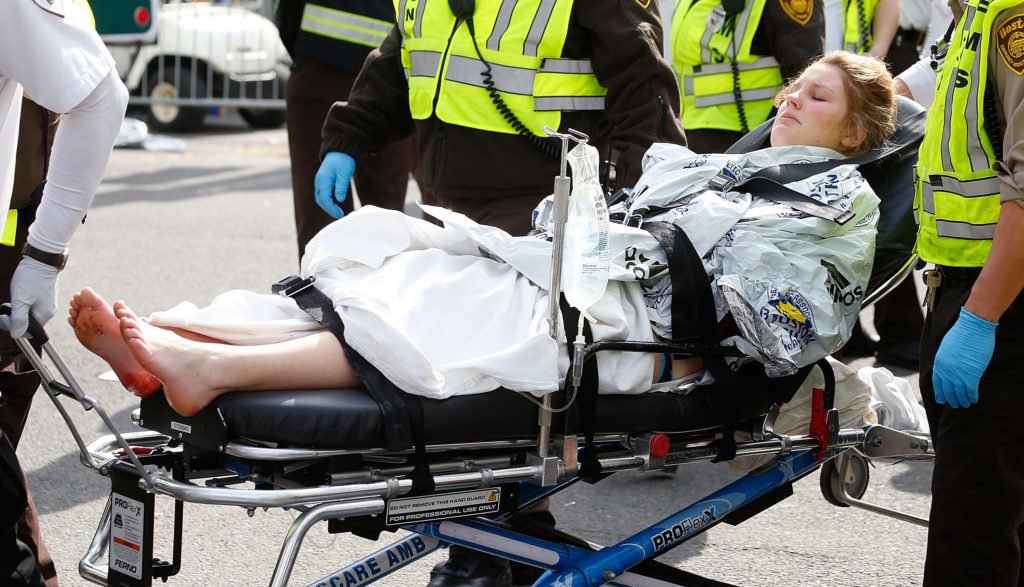
He got his marching orders soon after the explosions, and he was advised to keep people out of the hotel while guiding in the athletes. A handful of people who were injured stayed in the lobby. While he was linked-in with the Boston PD, he didn’t get many details about what was happening on the ground. At the time, all they knew was that the police were looking for suspects and they had no idea what kind of bomb had been used.
Then there was the blood. “There was lots of it,” Miguel said. “Tons of people were injured.”
The amount of trauma was so staggering that the on-site medics were not prepared to handle the injuries. Miguel remembers one temporary triage tent with a group of volunteers with medical backgrounds. “It was crazy. They didn’t have enough first-aid kits,” he said. “There weren’t enough supplies to take care of the people who had been hurt.”
Another thing that stood out to Jose was the massive response from law enforcement. According to the History Channel, more than 1,000 state, local, and federal officers were part of the response.
‘My first instinct was to run toward the problem. I’m thinking, What do we do?’
“Every single law enforcement agency you can think of responded within 30 minutes,” Miguel said. “We were taken aback by the IRS and how it has its own force of special agents. They were also there. They were armed and helping secure the streets. It was really a sight to see. Marked and unmarked cops everywhere, so many agencies.”
The day finally wrapped up around 11 PM. Boston was on lockdown as the manhunt for Dhozkar and Tamerlane Tsarnaev, the brothers who were the main suspects of the bombing, was underway. A photo of Tamerlane had gone viral by that evening, and when Miguel saw it, he was shaken.
“I used to go to the gym (Wai Kru MMA Gym) where the older one (Tamerlane) used to fight,” Miguel said. “He was an amateur boxer. When I was in the Coast Guard, it’s where I did my mixed martial arts classes. I’d spar with John ‘Doomsday’ Howard.
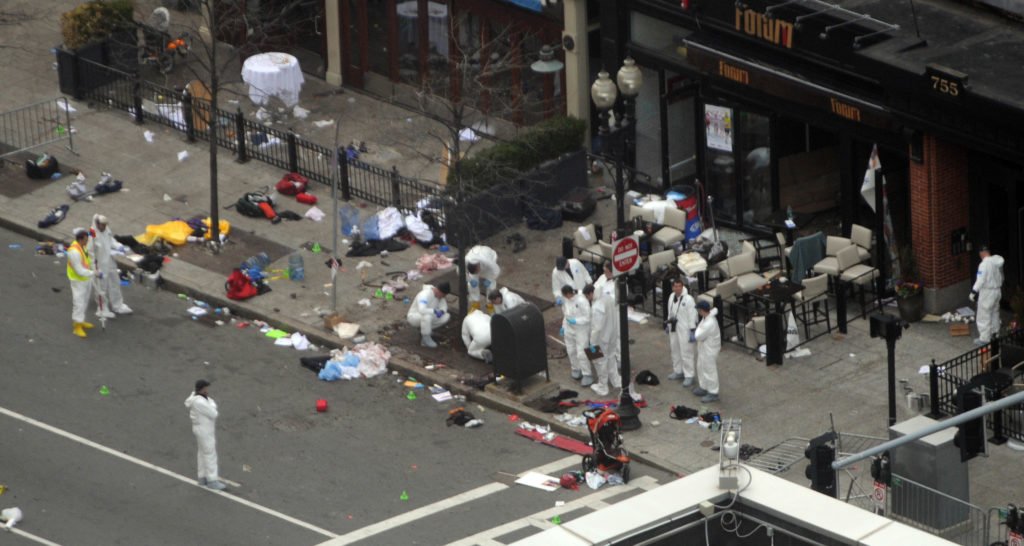
“Howard actually broke the older brother’s nose,” he continued. “I’d seen him a couple of times, but I didn’t ever talk to him. I knew who he was because of what Howard did to him, and I recognized the busted-up nose.”
On April 18, 2013, Tamerlane got into a gunfight with law enforcement; he died the following day from the injuries he sustained. Dhokzar was captured as well, heavily injured, hiding in a boat.
As he sits in prison awaiting the death penalty, athletes today ran the Boston Marathon for the sixth time since the attack orchestrated by the Tsarnaev brothers. This year marks the first year it falls on the same date, April 15.
And the runners are as Boston Strong as ever.
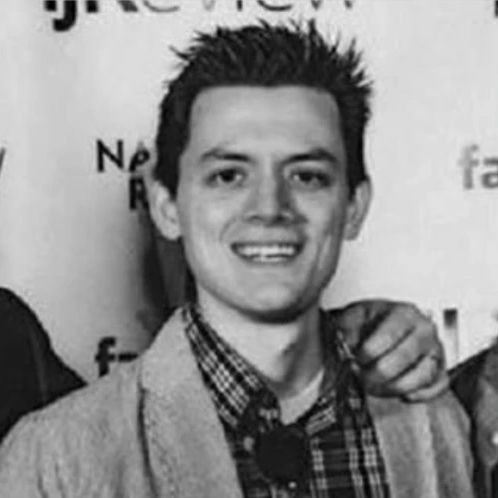
Justen Charters is a contributing editor for Coffee or Die Magazine. Justen was previously at Independent-Journal Review (IJ Review) for four years, where his articles were responsible for over 150 million page views, serving in various positions from content specialist to viral content editor. He currently resides in Utah with his wife and daughter.
BRCC and Bad Moon Print Press team up for an exclusive, limited-edition T-shirt design!
BRCC partners with Team Room Design for an exclusive T-shirt release!
Thirty Seconds Out has partnered with BRCC for an exclusive shirt design invoking the God of Winter.
Lucas O'Hara of Grizzly Forge has teamed up with BRCC for a badass, exclusive Shirt Club T-shirt design featuring his most popular knife and tiomahawk.
Coffee or Die sits down with one of the graphic designers behind Black Rifle Coffee's signature look and vibe.
Biden will award the Medal of Honor to a Vietnam War Army helicopter pilot who risked his life to save a reconnaissance team from almost certain death.
Ever wonder how much Jack Mandaville would f*ck sh*t up if he went back in time? The American Revolution didn't even see him coming.
A nearly 200-year-old West Point time capsule that at first appeared to yield little more than dust contains hidden treasure, the US Military Academy said.












